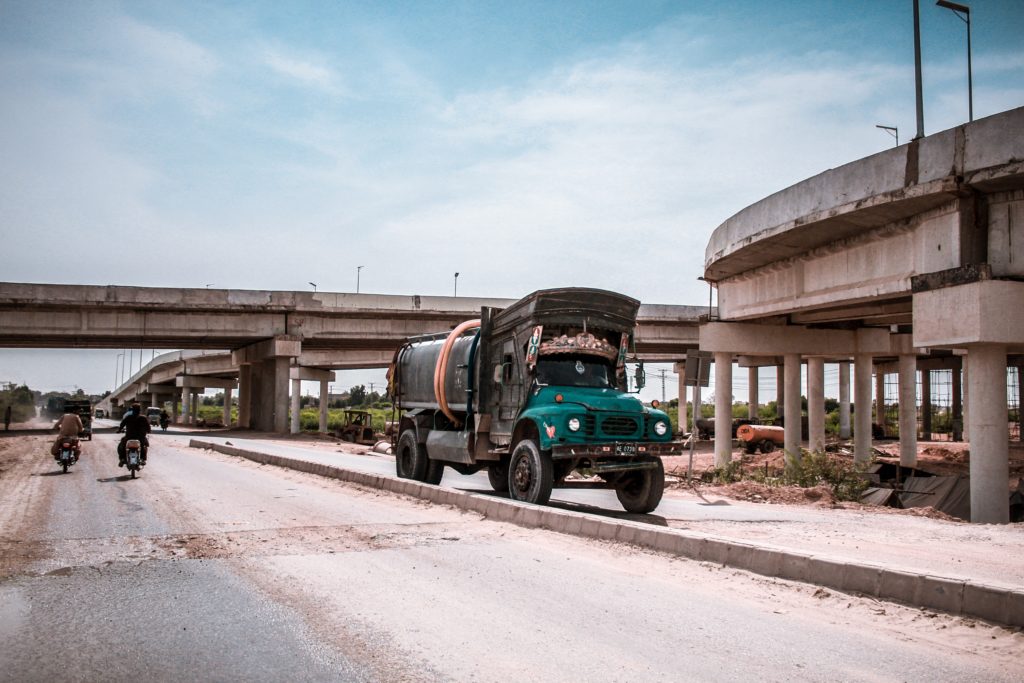 Pakistan, like many other developing nations, looks towards proper and effective use of its resources (natural and human) as an important vehicle for economic and social development.
Pakistan, like many other developing nations, looks towards proper and effective use of its resources (natural and human) as an important vehicle for economic and social development.
Natural resources – oil, gas, water, and coal – are precious commodities that we must conserve, not squander. The more our population grows, the more demands there are for these resources that provide for our well-being. Natural resources like matter and energy can neither be created nor destroyed – they can only be converted from one form to another, which is useful to propagate human life. However, the human resources in an organization as we all agree provide quite an exception to this time-tested law.
Resources may be wasted by neglect, depleted by consumption, destroyed by misuse or enhanced by developmental intervention. Human being is indeed the resource of all resources. No one, therefore, would ever think of wasting, depleting, or destroying this prime reserve. And yet, humans do face such a predicament. This predicament, it is argued, is primarily because of the absence of an appropriate ideology or set of values in those in charge.
Poor natural resource management over many years and continuing high population growth has had a negative impact on Pakistan’s economy. Similar to other developing countries, Pakistan has focused on achieving self-sufficiency in food production, meeting energy demands, and containing its high rate of population growth rather than on curtailing pollution or other environmental hazards. As a result, “green” concerns have not been the government’s top priority. Sustainable and equitable economic development implies efficient management of available natural resources and the development of human capabilities as key aspects of economic processes.
Why and how do we use these resources in our national interest? It is like asking ourselves, “Why we live?” One thing that cannot be overlooked is the fantastic level of connection in flows of information, power and resources. There is plenty of consideration and mediation about the proper use of resources. So far, we have failed to use our resources on optimal levels. We live in a time of great change. To many of us, this level of change is frightening.
This is not an unreasonable feeling. Just as some of these changes could portend great improvements in the human condition, others could spell disaster. The stakes are too high for us to be able to afford a misjudgment. Unfortunately, the easiest response to the many decisions we will have to make is to use simplistic and thus, often dangerous solutions.
0 Comments